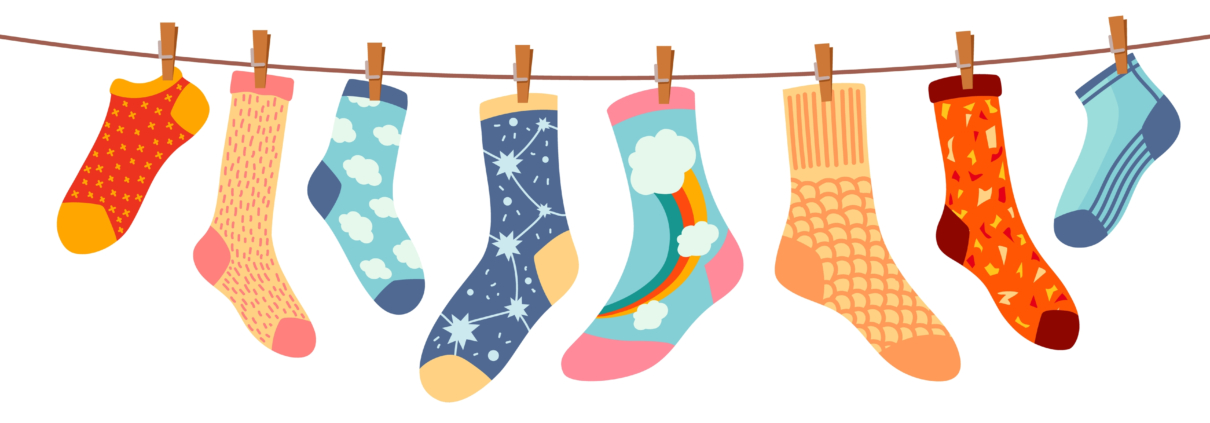What Are the Conditions for Non-leather Socks to Be Used for Wiping (Masah)?
Hanafi Fiqh
Answered by Shaykh Yusuf Weltch
Question
My question is regarding the conditions for socks to be used for masah in wudu.
One of the conditions is that it can be walked in. What does this mean – walking over carpets or sand or rocks? Should it be for one Farsaq? What is the modern equivalent of one Farsaq?
Answer
In the Name of Allah, the Most Merciful and Compassionate
For a non-leather sock (jawrab) to meet the conditions of a wipeable sock they must be:
Thick and sturdy
Thickness
They must be thick enough that the skin beneath them can not be seen.
They must be thick enough that wiping them with dripping wet hand water does not immediately reach the foot.
One must be able to walk in them the length of 3 miles (1 farsakh) outdoors without them tearing.
Sturdiness
They must be sturdy enough that they remain on foot without the aid of being tied.
The sock must be free from large holes.
Large Holes
A large hole equates to the size of the three smallest toes. If there are multiple small holes in one sock, they will be added together. If they reach the size of the three smallest toes wiping is not valid upon them.
Note that each sock is considered individual from the other. The holes of one sock are not added to the holes of the other.
The socks must cover the entire foot from all sides up to and including the ankles.
[Ala’ al-Din Abidin, al-Hadiyya al-‘Ala’iyya; Ibn ‘Abidin, Radd al-Muhtar; Halabi, Ghunya al-Mutamalli]
Hope this helps
Allah knows best
Yusuf Weltch
Shaykh Yusuf Weltch is a teacher of Arabic, Islamic law, and spirituality. After accepting Islam in 2008, he then completed four years at the Darul Uloom seminary in New York where he studied Arabic and the traditional sciences. He then traveled to Tarim, Yemen, where he stayed for three years studying in Dar Al-Mustafa under some of the greatest scholars of our time, including Habib Umar Bin Hafiz, Habib Kadhim al-Saqqaf, and Shaykh Umar al-Khatib. In Tarim, Shaykh Yusuf completed the memorization of the Qur’an and studied beliefs, legal methodology, hadith methodology, Qur’anic exegesis, Islamic history, and a number of texts on spirituality. He joined the SeekersGuidance faculty in the summer of 2019.
